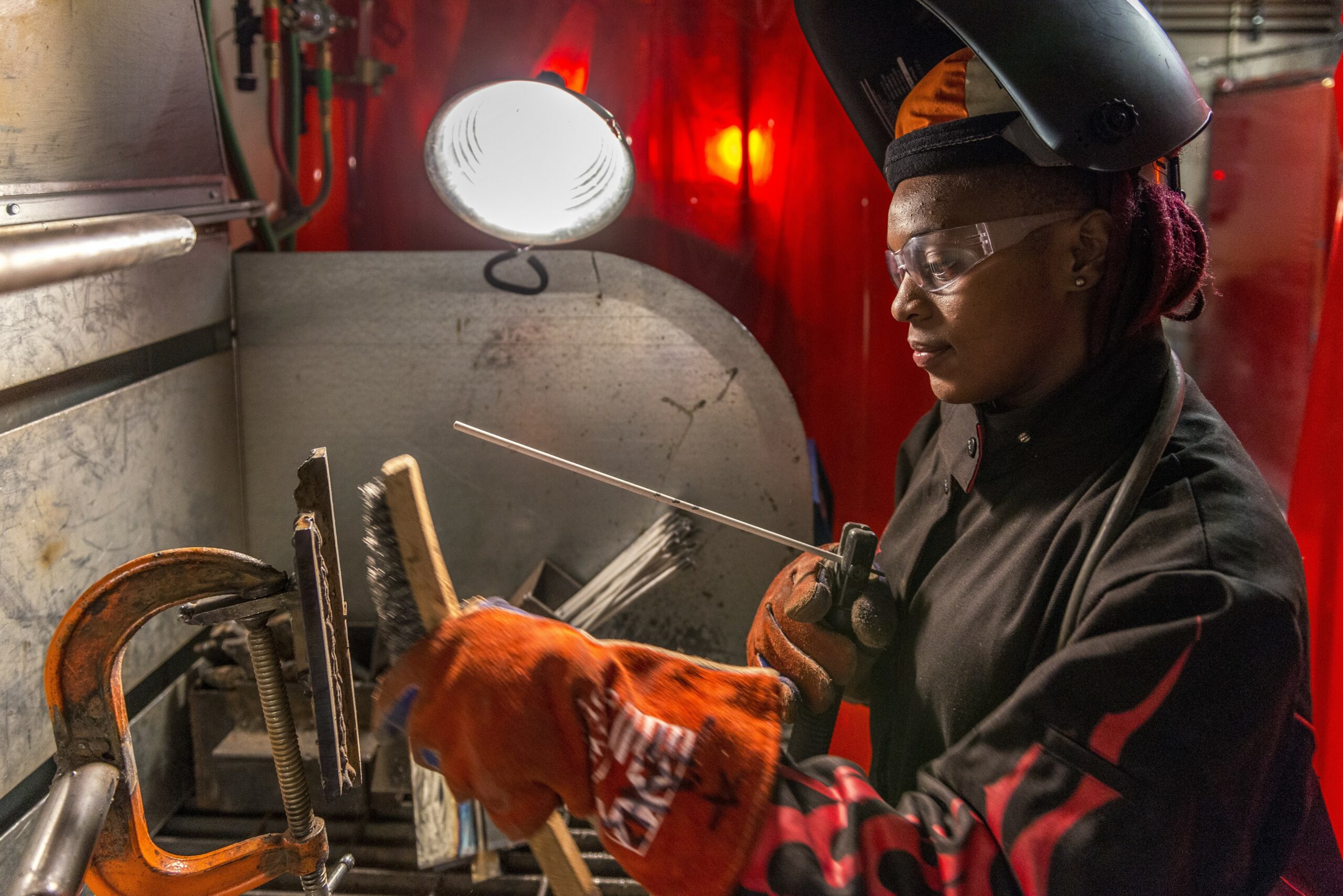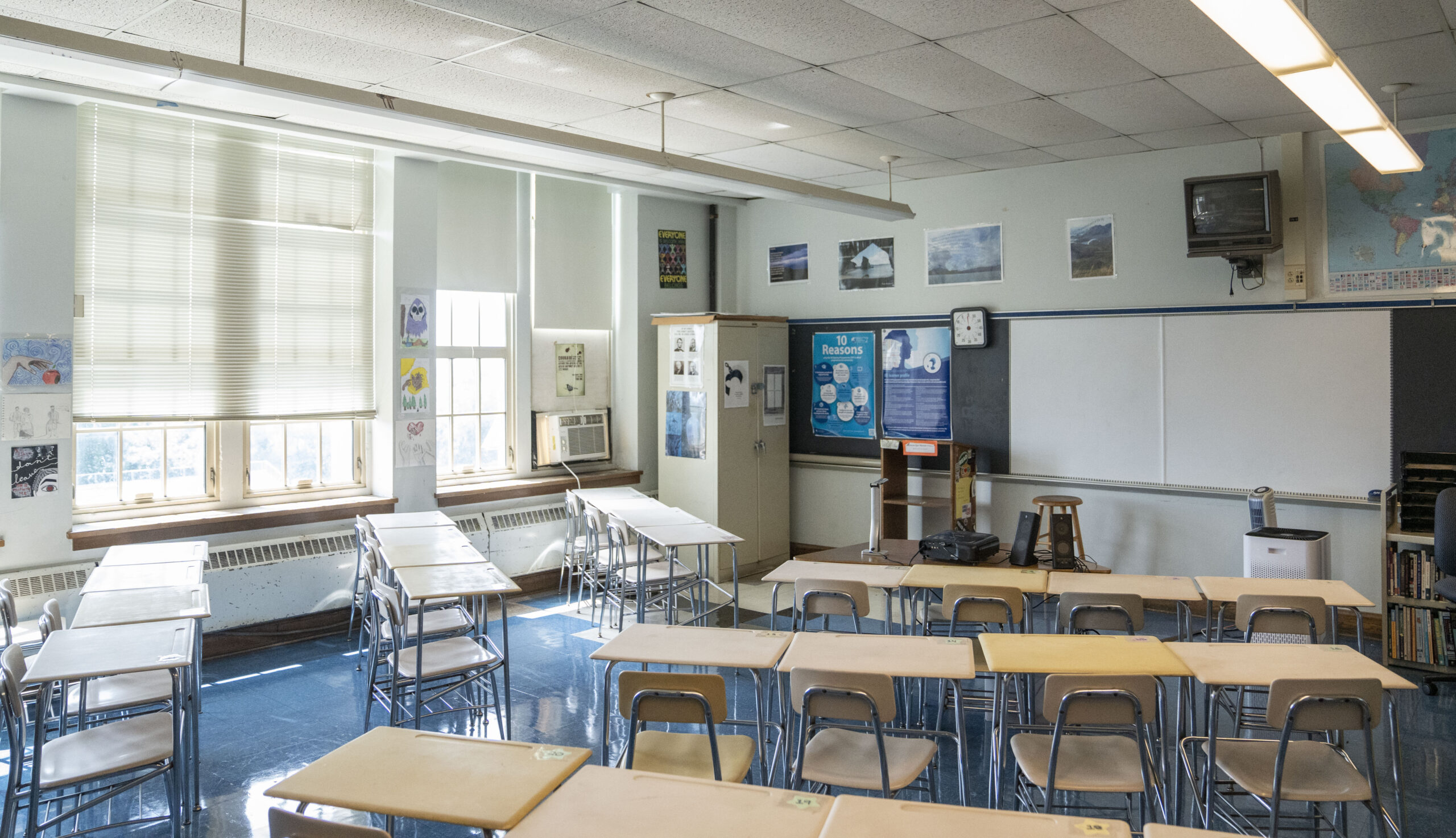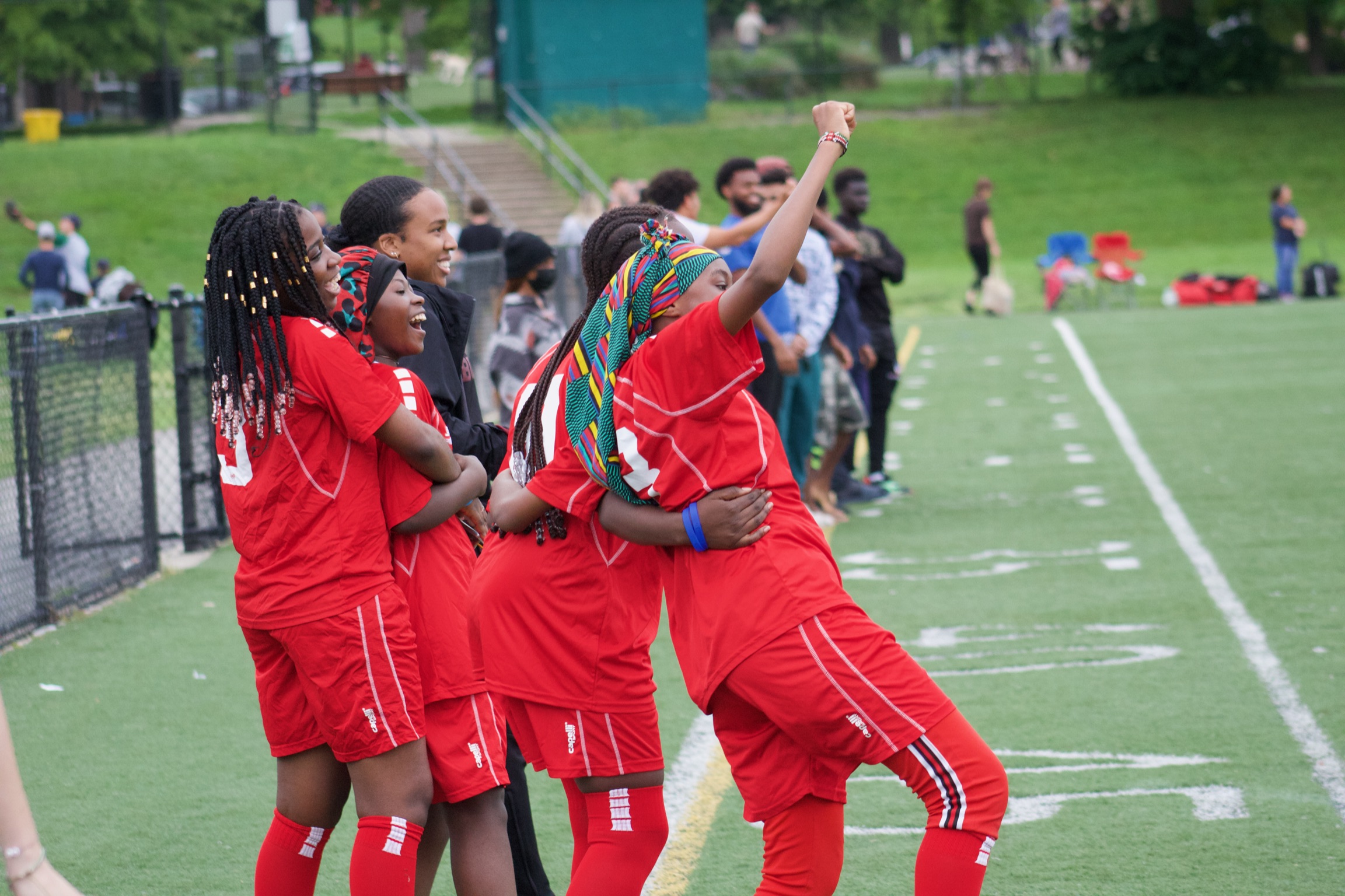Police-Community Relations in Baltimore
In 2017, the U.S. Department of Justice issued a consent decree for the Baltimore Police Department, mandating wide-ranging reforms. In a pair of companion reports, researchers from the University of Maryland examine the current state of community-police relations and how certain initiatives could help to improve them.
Read More
Assessment of Maryland’s Need for Eviction Prevention Funds and the Estimated Fiscal Impact
Eviction prevention programs, which cover up to three months of past-due rent, are a cost-effective way to stabilize families, pay landlords, and reduce costs to the state. This report examines two different scenarios that would prevent disruptive displacements.
Read More
The Trouble with STRIDE: Meeting climate goals and addressing natural gas system stranded costs
Ten years ago, Maryland’s legislature passed a bill to expedite utilities’ replacement of their natural gas pipes in the name of safety. Since then, Maryland has adopted ambitious climate goals that will require the near elimination of natural gas use in homes by 2045. Yet the state continues to allow utilities to invest billions in replacing pipes, which consumers will have to pay for — with a profit for the utilities — for decades to come.
Read More
Entry and Exit of Baltimore City Teachers Before and After COVID
In 2022, after increasing pressures from the COVID pandemic and a shifting political climate, the nation’s largest teachers’ union warned that over half of teachers were considering exiting the profession. This report investigates whether Baltimore City Schools has experienced changes in teacher supply due to COVID.
Read More
2022 Annual Report
Our 2022 Annual Report profiles several of Abell’s grantees, providing a snapshot of the many ways Baltimoreans are working to help their neighbors secure stable housing, better jobs, brighter futures for their children, and for those who need one, a second chance.
Read More





